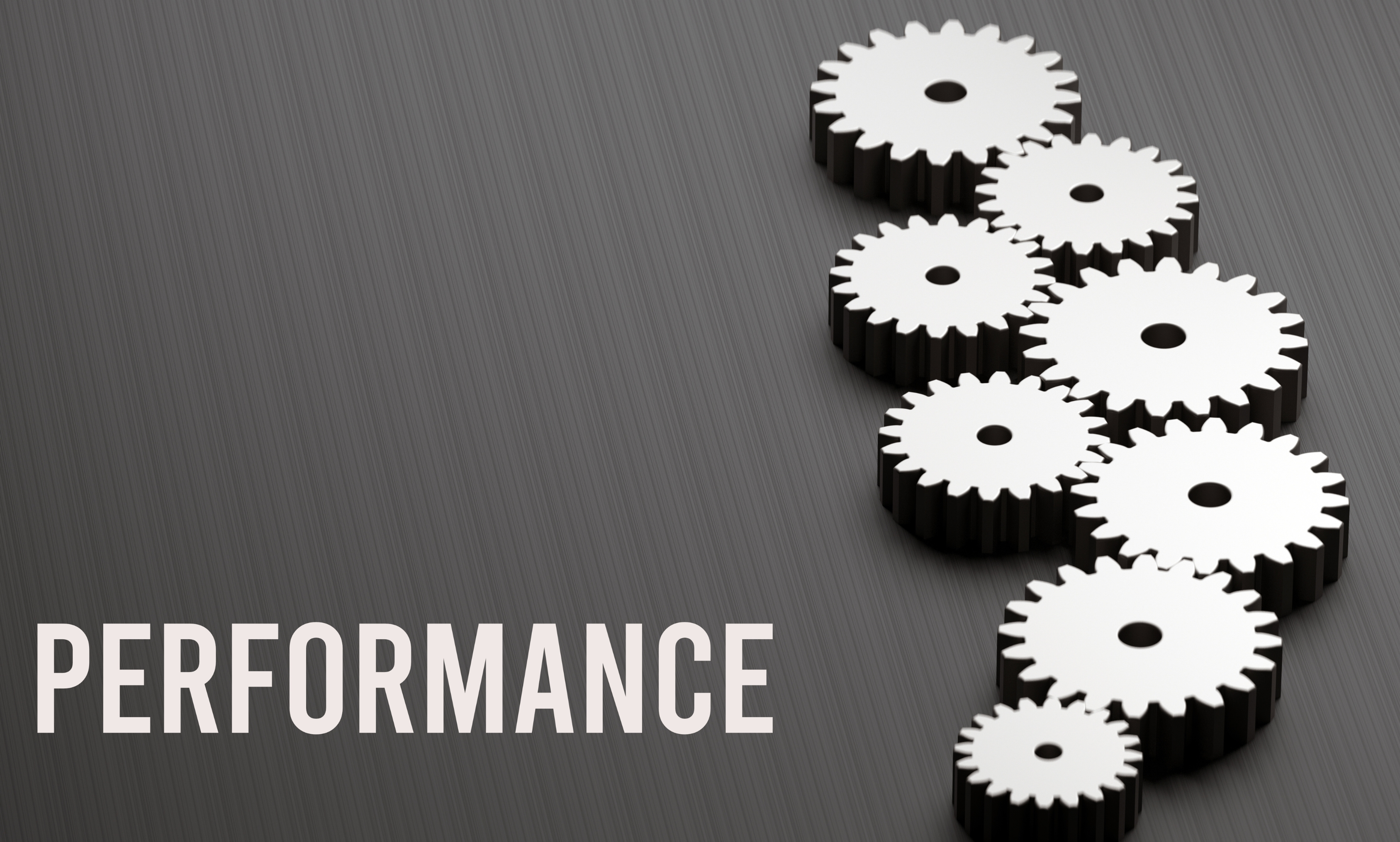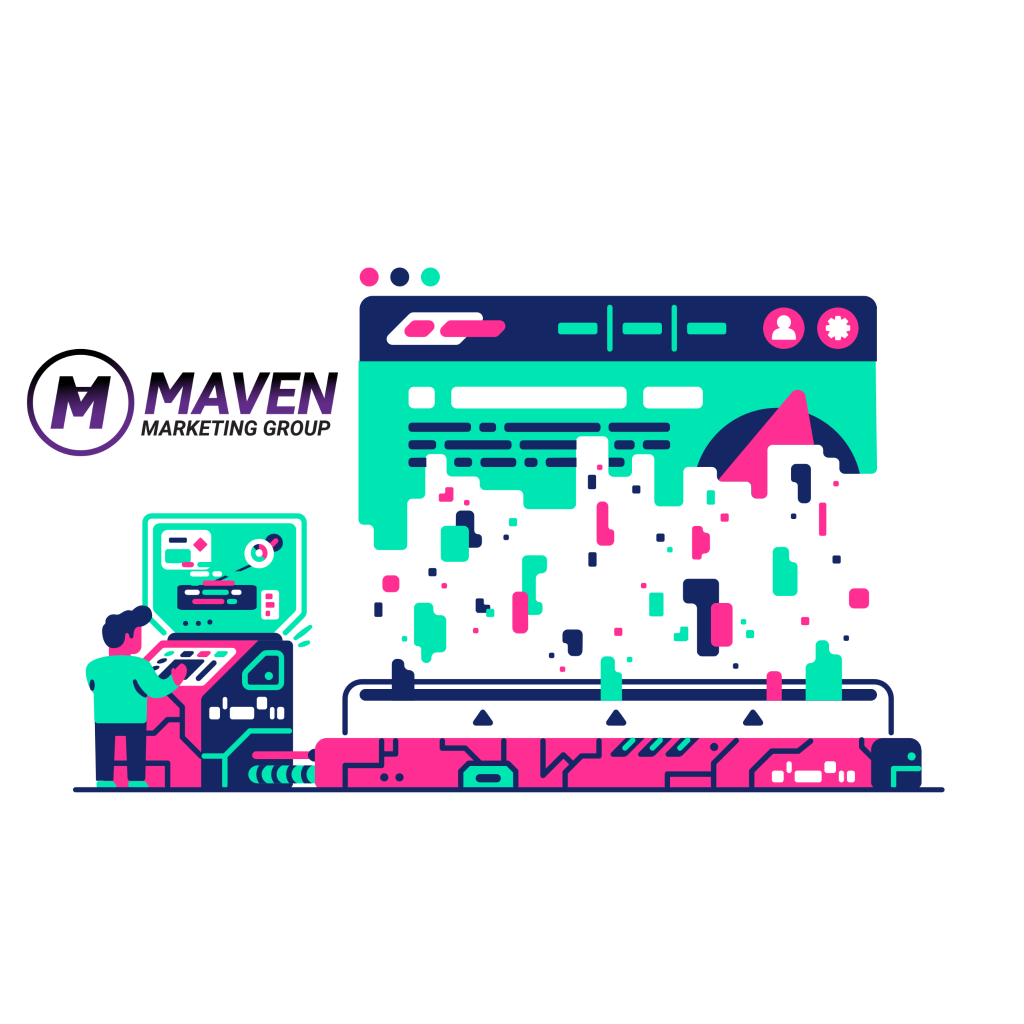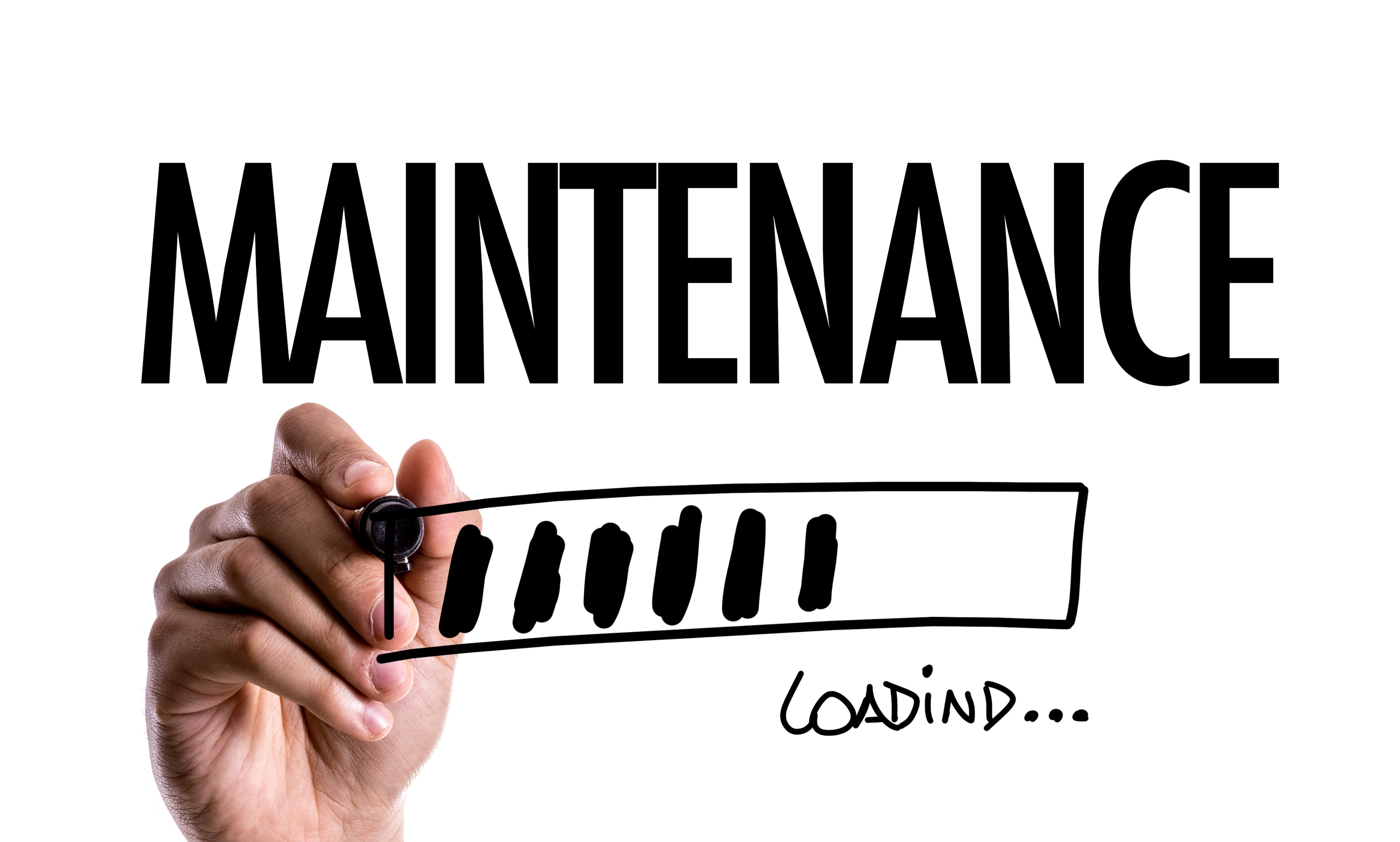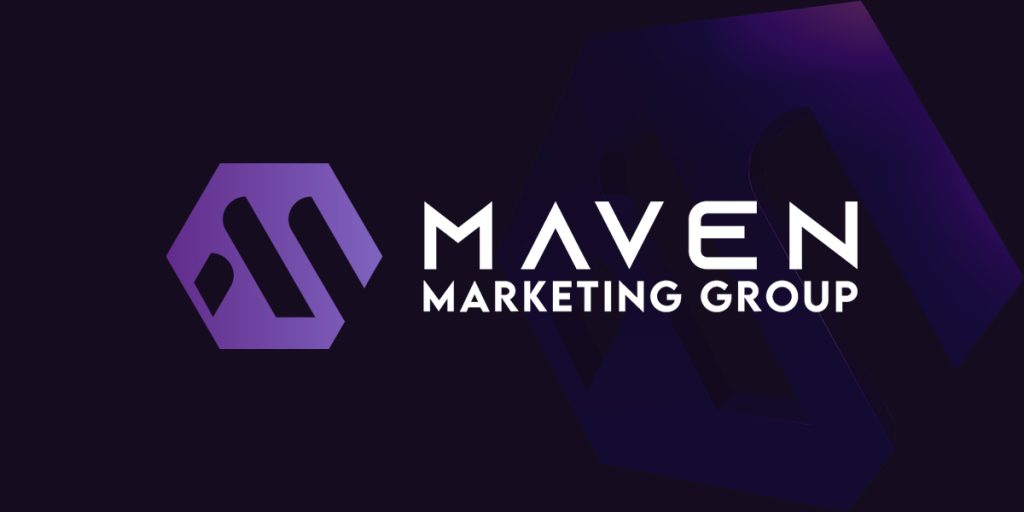
The performance of your site matters when it comes to user experience.
If your site takes too long to load or has too many bugs that slow down its functionality, users will quickly lose interest in using it.
Therefore, monitoring the performance of your custom website is essential for assessing the effectiveness of your custom web design efforts.
For example, you can use Google Analytics and other performance tools to track page loading speed, the number of bugs and errors, the time spent on each page, and overall user activity.
Even small changes can have a big impact on the performance of your custom website, so it’s important to keep an eye on them.
Here are some of the important factors that can affect the performance of your custom website:
- The quality of code and scripts used in the development: Since the code and scripts are the backbones of the website, it’s important to ensure that they are well-crafted. Your web developers should use clean, optimized code and the latest web technologies to ensure that your custom website runs as smoothly and efficiently as possible.
- Design: Web design and development can have a major impact on its performance. A well-designed site is easier to navigate and loads faster, which reduces user frustration and improves conversions. Your designers should focus on creating a streamlined and intuitive user experience.
- Content: Content is king when it comes to custom websites. Your content should be optimized for search engines and organized in a way that’s easy to read and understand. This will help your content rank higher in search engine results and make it easier for your own audience and other users to find the information they are looking for.












